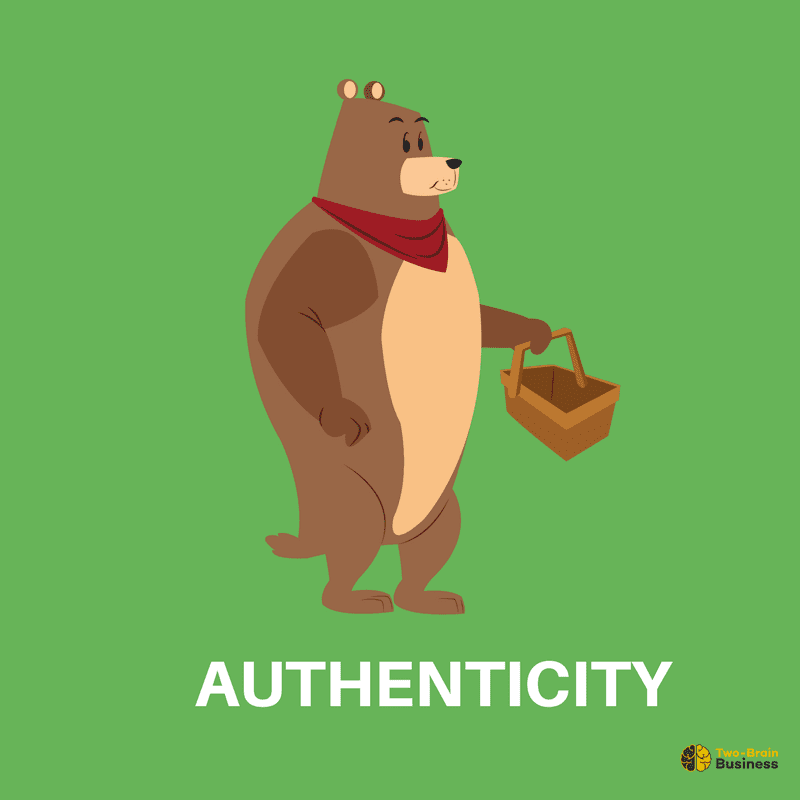I was Yogi Bear.
In my last summer of college, I took a job in Wisconsin. I thought I would be teaching kids to play sports. Instead, I was running Hanna-Barbera-themed activities and birthday parties. And twice every day, I was zipping up a giant fur suit, slipping into rubber boots that were too large, and walking five miles. I lost ten pounds, despite the ice vest we wore underneath.
When you put on a Yogi Bear costume, you don’t take on the full character. You’re not allowed to steal pic-a-nic baskets or swat beehives. And you’re not allowed to do the Yogi Bear voice. You have to stay silent, because while the giant costume sure makes you LOOK like Yogi, no one actually SOUNDS like Yogi. Little kids will run from their cabins and tents to hug Yogi’s legs; but if you speak, the illusion is shattered. You’re only authentically Yogi until you’re obviously not.
“Do not worry about your difficulties in Mathematics. I can assure you mine are still greater.” – Einstein
Being a genius made Einstein good at his job. But being relatable made him popular.
Authenticity, in business, means that you have skin in the game. It means that you identify with your audience because you are them.
You know all about their accounting problems, because you have trouble balancing your own books.
You know all about their weight loss problems, because after working a 14-hour day at the gym, the last thing you want to do is cook dinner. So, donuts.
You know all about their bad hair day because you have them, too. Remember that time the blinkers wouldn’t turn off in your truck? That was annoying. And it happens to your customers, too.
Sharing these stories with your clients tells them, “We’re the same.” It says, “You can believe me when I tell you that you need a new bumper on your truck, because I had the same experience.”
The reason my first book is still popular is because I share the bad stories, as well as the good. I don’t give advice without the hard lessons that led me to a positive outcome. In the fitness industry, where everyone knows everything, there are many consultants who have never made a mistake in their lives. They’re better at CrossFit than I am, their hair is “on point”, and they get 50 new gym members every single day. EVERY DAY. Believe it, bro.
On the CrossFit podcast last month, Sevan Metossian asked me, “How important is authenticity in our business?” and I gave the example of an overweight trainer who exercises hard. If the trainer has lost 100lbs, he can help another client lose weight better than I can–even if the trainer is still slightly overweight. He doesn’t have to be the best exerciser in the gym. He doesn’t need the best abs. He just needs to be authentic.
That same trainer might not claim expertise on throwing a fastball. He might not teach yoga. He knows his niche and his limits. But he also knows his strengths, and knows them to a depth far beyond what I’ll ever understand. He has skin in the game. His truth is more than enough. And if he tells his story far and wide, clients will flock to him.
Authenticity means sharing your failings. It means not exaggerating your expertise. It means limiting your lessons to your core competency and experience.
You and I – we’re in the relationship business. Our clients choose us because we’re authentic. They know when we’re faking it. People are smart. You might think you can do the perfect Yogi Bear voice; you can’t. Just wear the suit and let them hug you.

